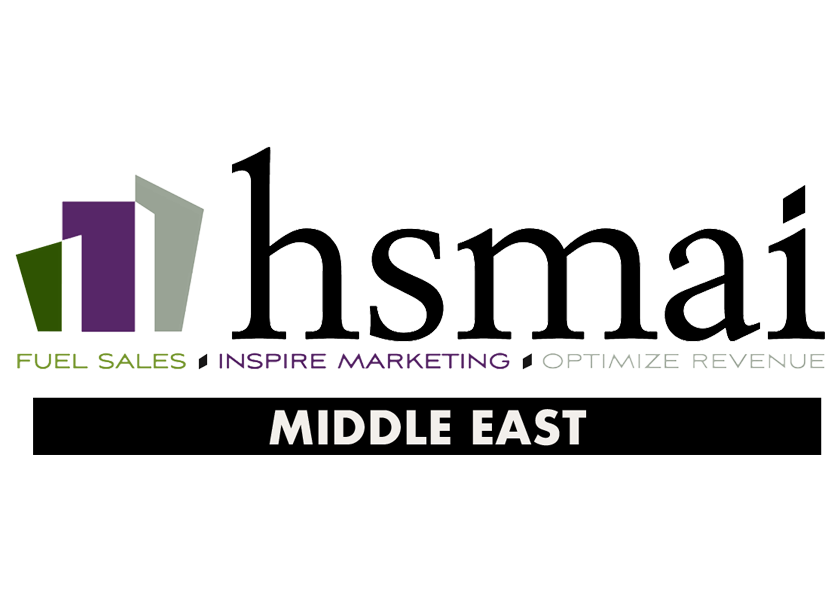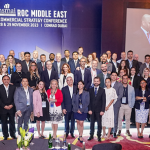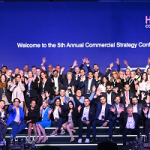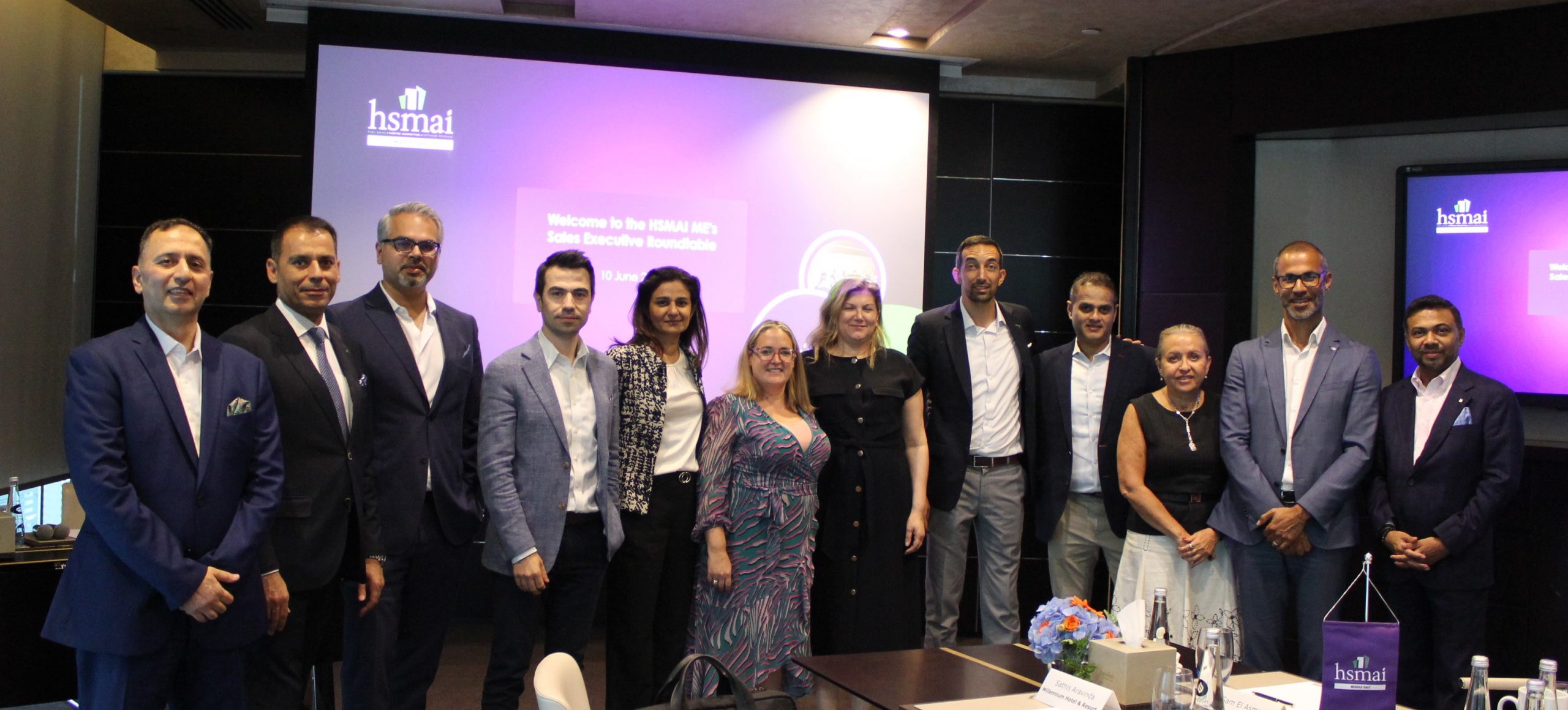The Marketing Executive Roundtable took place at Amwaj Rotana in Dubai
26 September 2024
Quick recap
The Marketing Executive Roundtable was facilitated by the renowned Executive Academic Dean of Les Roches, Global, Dr. Dimitrios Diamantis, in Dubai . The group discussed the challenges of attracting talent in hospitality, the use of AI technologies in businesses, the importance of personalization in customer experiences, segmenting consumers, and the need for collaboration and adaptability in their business. The conversation ended with a discussion on sustainability, the changing preferences of consumers, and plans for future events.
Adapting to Change and Upskilling for Success
Dr. Diamantis initiated the conversation on the importance of adapting to change through digitalization and having a clear mission reflected in the strategy. Using examples between incremental change and radical change, he shared examples of student projects, creating an Uber-like app and showcased an example of how bamboo straws weren’t widely accepted and now they’ve easily replaced plastic straws. He then highlighted generational shifts in the workforce, with younger generations valuing flexibility and personalization, and shedding light on the importance of upskilling employees through AI to manage labor shortages and skill gaps. He emphasized the need for guidelines and training resources for AI tools, and using data analytics to make informed decisions, addressing potential labor shortages through technology or traditional methods.
Attracting Talent in Hospitality
The group expressed challenges of attracting talent in hospitality, particularly among younger generations seeking non-monotonous work and work-life balance. They highlighted the need for education to help traditional generations adapt to these changes and the difficulty of recruiting for full-time marketing roles due to hybrid work preferences. They also discussed the balance of work across different regions, with Europe driving a focus on work-life balance according to statistics. In addition, challenges in demand and supply structure were explored and discussed.
AI Technologies in Business and Guest Experience
The Marketing heads spoke briefly of how their teams were incorporating AI tools their for-content productivity.
The use of AI technologies in businesses has increased, particularly in managing guest experiences and reservations. In conversation, the benefits of AI in predicting demand, optimizing resource management, and generating personalized marketing tools were discussed. They also touched upon the use of data from online travel agencies like Expedia and Booking.com. Personalization in customer experiences and the role of machine learning in predicting demand was a trend the group shared experiences of. The potential risks of using AI in marketing, the need for human input, and the importance of organizational reputation. The discussion ended with each one’s personal experience on the use of AI, and how they use their data analysis in social media.
Segmenting Consumers and Personalizing Experiences
Segmenting consumers and personalizing experiences through data-driven classifications, highlighting the need for cultural experiences and VIP areas is a trend widely noticed. They emphasized understanding the attitudes and needs of luxury segments to effectively design brand experiences. Analyzing factors driving repeat visitation to Las Vegas, concluding that experiences and activities, not price, attract American consumers. The concept of value was explored that is driven by the strategy of brand equity and its components. That in effect drives loyalty and repeat clientele.
Dr. Diamantis advocated for agile, intent-based targeting over fixed segmentation, detecting traveler intent, eg. girls’ trips or business trips. AI integration, partnerships with payment systems, and sleep technology companies were mentioned as potential strategies. They discussed the rising use of digital payments, acknowledging AI’s potential impact on consumer targeting and the need for compelling content marketing. The changing customer journey and difficulty determining decision points were also discussed.
AI in recruitment
Most recently, the implementation of AI has been incorporated in the recruitment process, focusing on the soft skills and interaction. They discussed the challenges of managing complexity in marketing, particularly with regards to data and vendor management. In a world of data and analytics, they felt the need to take a step back and agree on which data is relevant and for what purposes. The complexities of data management in the hospitality industry and the idea of a single vendor or platform that could integrate and analyze data from various sources was shared as an important factor. The conversation ended with the discussion around strategic selection of tools and vendors based on needs, and a budget to accommodate these changes.
Other discussion areas
The group then discussed the concept of search engines and how it can be optimized; available tools to drive performance and showcasing few good examples; aspects of change management and how it can be driven; and sustainability and how it can be integrated into marketing strategies – especially in the era of Environmental, Social and Governance (ESG).
Future conversations at the Commercial Strategy Conference
A conversation that will be shared at the Commercial Strategy Conference in great depth was the topic of destination marketing, featuring speakers from Google, Dubai Tourism, and STR. Different conversations around analyzing data relevant to individual properties, and the allocation of budgets. The buying power of major cities, the challenges of differentiating a brand and destination, and the concept of omni-channel marketing will be discussed alongside sustainability, the changing preferences of consumers, and protecting hotel assets through sustainable practices. Adaptability in business, and the need for dynamic thinking, will be some topics that will be discussed at the conference. A spark in common interest would be the AI Marketing conversations where we are taking it in three stages, the theory, the masterclass and the practical.
Next steps
- The use of AI tools like Sprinkler for social media management and guest interaction analysis is what the group were looking at.
- Marketing teams to develop guidelines for AI usage within their organizations.
Conclusion
- The Marketing Executive Roundtable highlighted the growing importance of AI in transforming the hospitality industry. From enhancing guest experiences to optimizing recruitment and resource management, the conversation underscored the need for businesses to adapt to rapidly evolving digital tools while maintaining a personal touch in customer interactions. Personalization, data-driven decision-making, and segmenting consumers emerged as key strategies for success, alongside the importance of addressing generational shifts in the workforce.
- Looking ahead, the focus on sustainability, omnichannel marketing, and dynamic thinking will continue to shape the future of hospitality, with AI playing an increasingly vital role. As the industry navigates these changes, collaboration, innovation, and a commitment to continuous learning will be essential to staying competitive.





